Looks harmless enough, doesn’t it?
But Solanum lycopersicum could cost you readers.
I got this the other day:
“I started reading Silk Road a couple of days back and was enjoying it very much, just as I had enjoyed one of your other books.
However, when I reached Page 164 I found these words: “…green fields planted with tomatoes and aubergines…” I don’t know about aubergines but I do know, as do most people, [my italics] that tomatoes were not introduced to European cuisine, let alone further east, until the 16th century …
Until I saw these words I had been impressed by the breadth and quality of your research but this is such a basic mistake that I just don’t feel I can read on - it’s not possible to enjoy an historical novel once one realizes that the facts can’t be trusted. I thought I’d point this out so that the mistake can be amended in future printings.”
So there you have it. The case for the prosecution rests.
I have admitted my guilt and have taken to my bare back with chains. I leave on pilgrimage to Santiago de Compostela within the week.
Unless …
Unless someone, somewhere, you know, needs to take some valium.
For example, I read a disturbing quote on Goodreads recently - (‘Ancient & Medieval Historical Fiction’ - if you like HF it’s a fantastic group) - from an author whose book one of the members was reading.
“ … he describes a character (a real historical person) travelling somewhere by bus or drinking a cup of tea. He worries that he, as a writer, is being disrespectful by just assuming that the character would have caught the bus and not the train. Or maybe in real life he hated tea and only drank coffee, and because the character is now dead he can’t put the record straight …”
(sigh)
Look, I don’t mind someone taking me to task for my prose, plot structure, characterization, pacing. I pay a lot of attention to these things, to my story-telling ability - because getting this right is my obligation to anyone who buys a book of mine.
As Bernard Cornwell said in a recent interview: “If you are wanting to write historical fiction I always say, you are not an historian. If you want to tell the world about the Henrician reformation, then write a history book but if you want an exciting story, then become a storyteller. Telling the story is the key.”
But I’d point out that Cornwell is meticulous in his research as well. As I always try to be. I don’t know how this one got through. I spent a year researching SILK ROAD, paying close attention - among many other subjects - to Tatar politics and dynastic succession after the death of Chinggis Khan, the Nestorian church, shamanism among the nomadic tribes of the steppes, Crusader politics, the topography of Shang-tu, (a city that long ago ceased to exist) … shall I go on? The list is endless. None of it was easy.
And I occasionally make mistakes.
Ken Follett, whose eleven hundred page epic The Pillars of the Earth has rightfully been lauded for its exhaustive historical research also contains … hush my mouth … errors.
photograph: flydime
“Okay Follett, we’re going to teach you not to know all about the history of hops, you bastard.’
For example, the many encounters across social classes depicted in the book are unlikely - as the nobility spoke Norman French and the lower classes didn’t. Sugar - which is mentioned several times - was not available in England then. A priory storeroom contained hops - but hops were not used for food production until centuries later.
(But as far as I can ascertain he was spot on about tomatoes - 1-0 to Ken vs me.)
Do these few errors negate the years of study, the mountains of research, that went into Follett’s astonishing book? According to Ms X - yes. Come on, Kenny baby, get your shirt off, we’ll go and self flagellate together.
What galls me most is that researching SILK ROAD nearly cost me my life.
Seriously.
Reaching the Mogao caves near Dunhuang, for example, meant renting a Chinese four wheel drive and a driver and taking a day’s drive into the mountains north of the Taklimakan in far western China.
Just as we got back to Dunhuang the steering rod broke and the car slewed off the road. Five minutes earlier we were driving along an escarpment; the slewing would not have been into a ditch but off a hair pin bend and down a five hundred metre cliff .
Perhaps our fall would have been cushioned by that tomato field I saw at the bottom.
That research trip was some of the most uncomfortable traveling I’ve done in my life. I’ll tell you about it some time; the projectile vomiting, the three puppies and the two men sharing the sleeper bed above mine, all those forty eight hour bus journeys …
I didn’t list that as part of my bibliography or my sources. I love a bit of adventure. But I naively expect the trouble I go to will earn me just a little bit of leeway with vegetables.
Sorry - fruit.
But apparently not. You get one chance and one chance only with Ms X. And when you come to write that historical novel you’d better know your agriculture or you’re - well, history.
I have since asked my publishers to recall all unsold copies so they can be pulped but they seem strangely reluctant. My editor even had the gall to say: ‘Christ it’s only a freaking tomato!’
That’s not the attitude!!
I am now editing my upcoming novel, set in the time of Alexander, and rewriting it in the Thraco-Illyrian dialect spoken in Alexander’s native city of Pella in the fourth century BC.
Okay, no one will be able to read it. But it will be authentic.
And yes, I’ve checked and double checked; not a single tomato between Macedon and the Jhellum River. The Empire is safe.

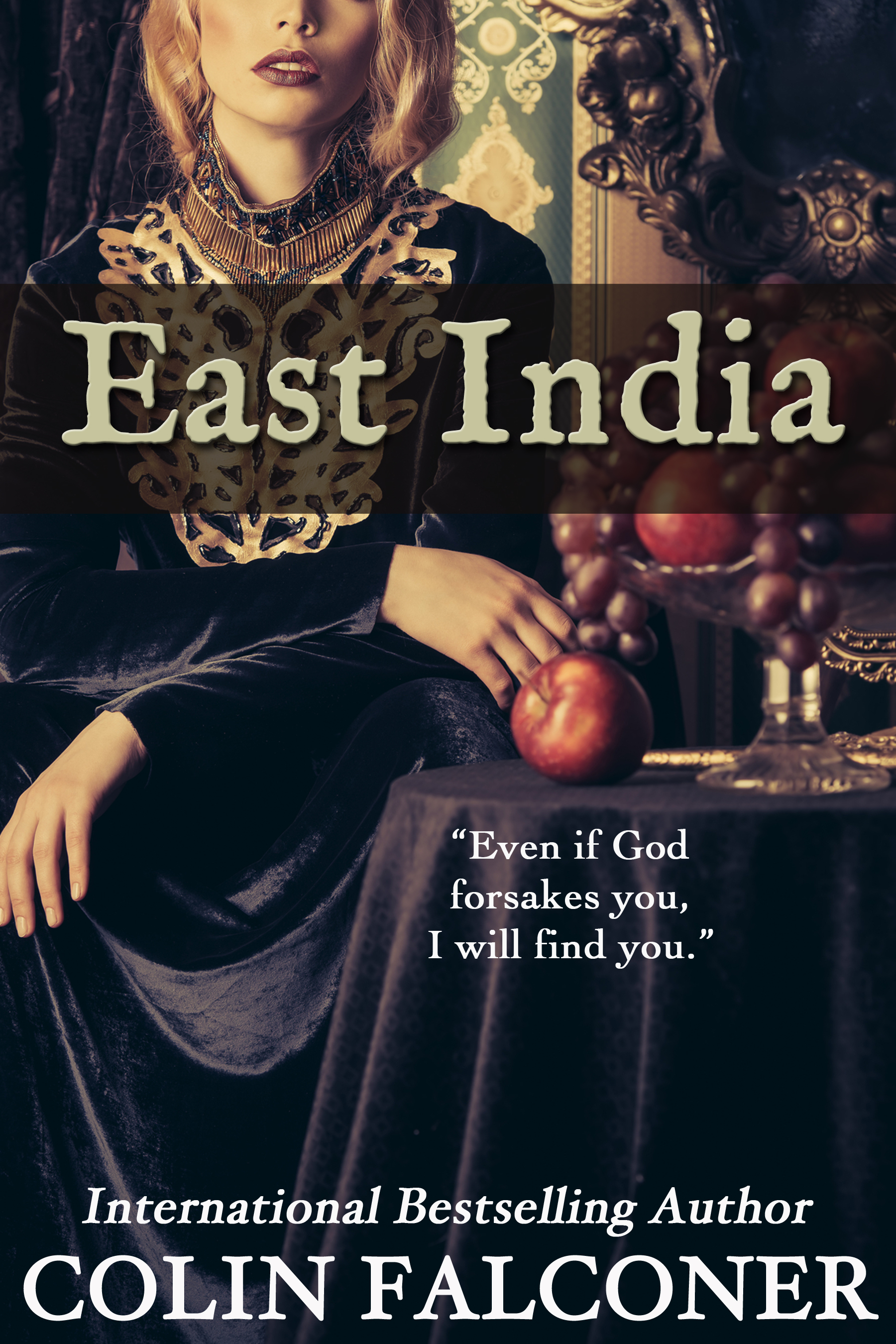
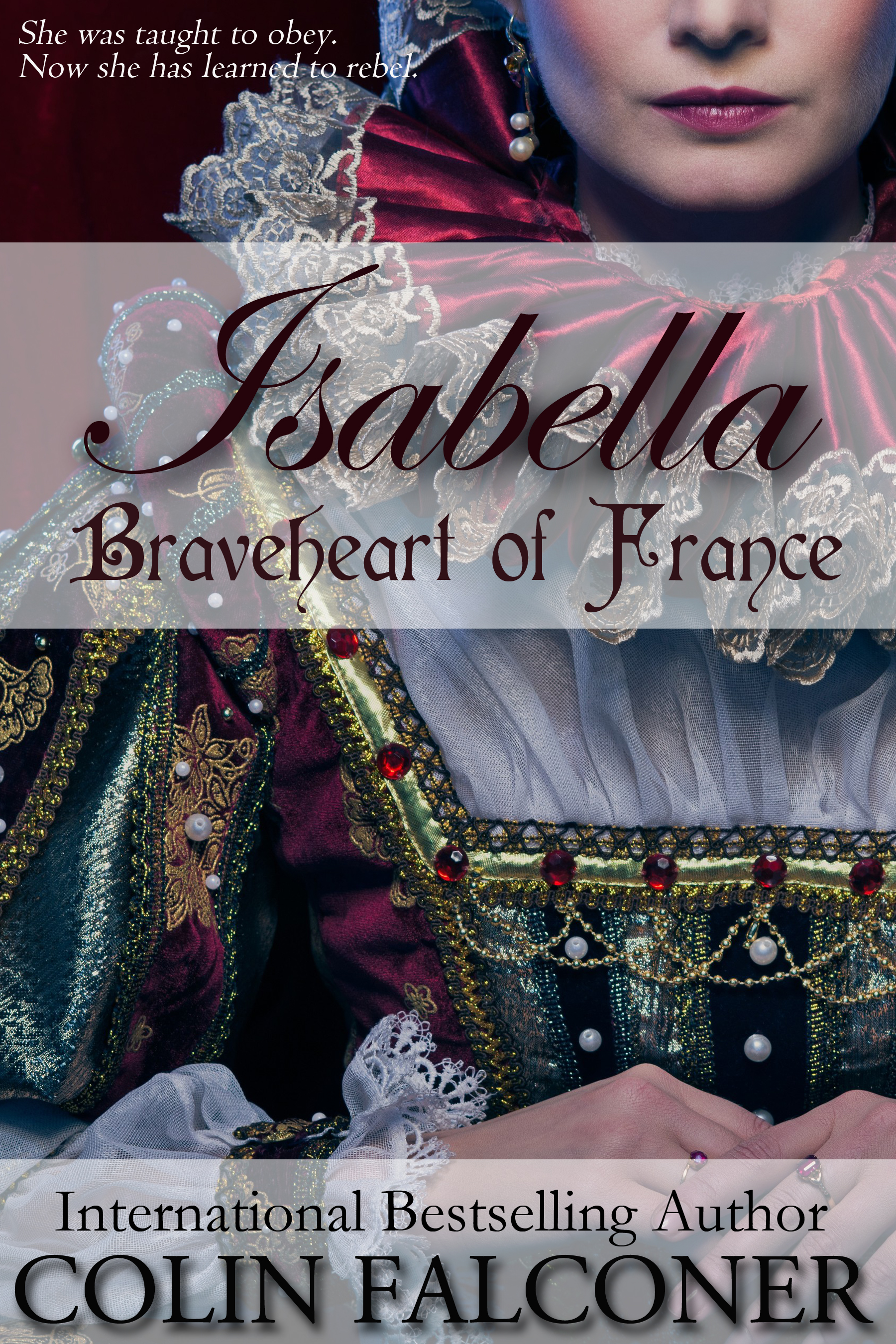
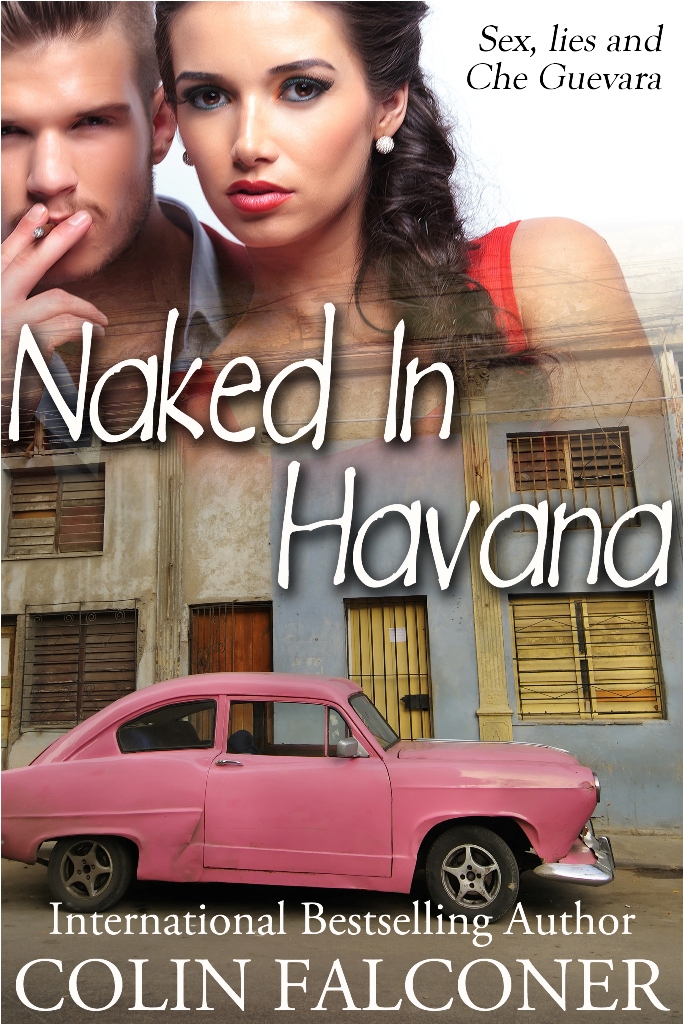
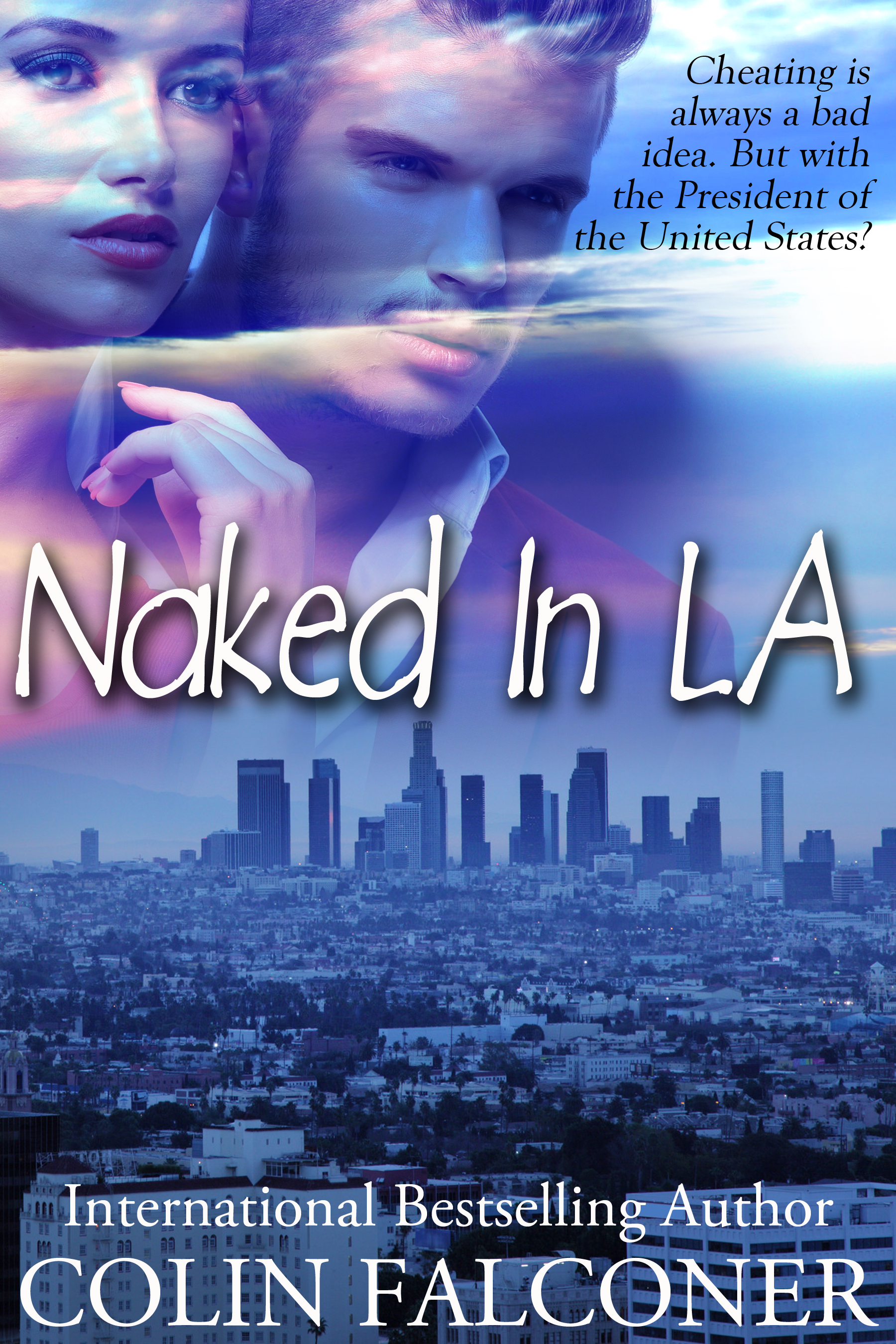
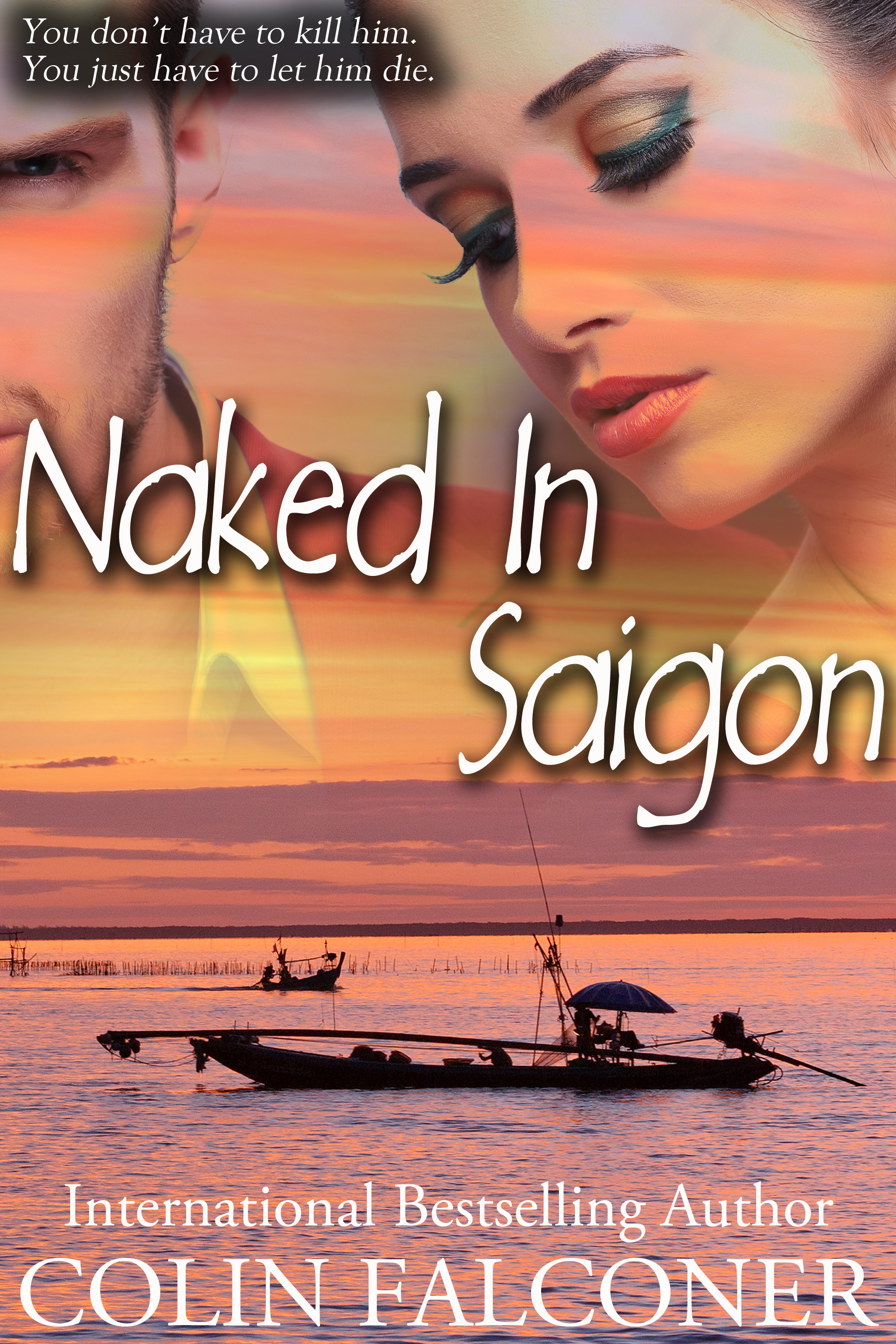
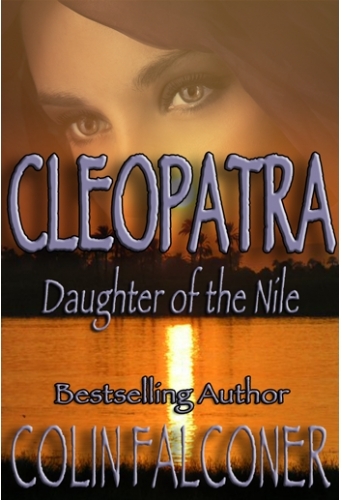
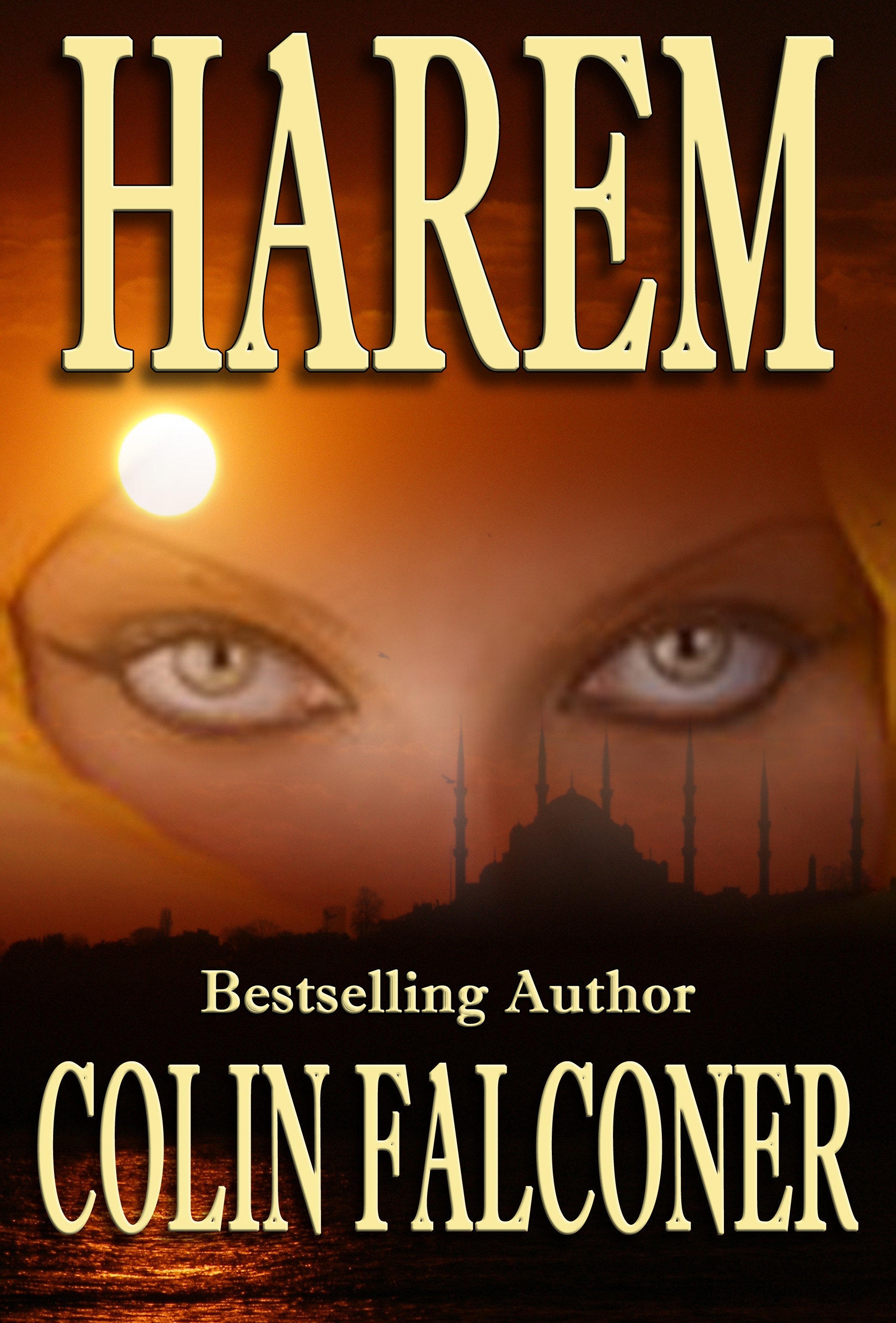
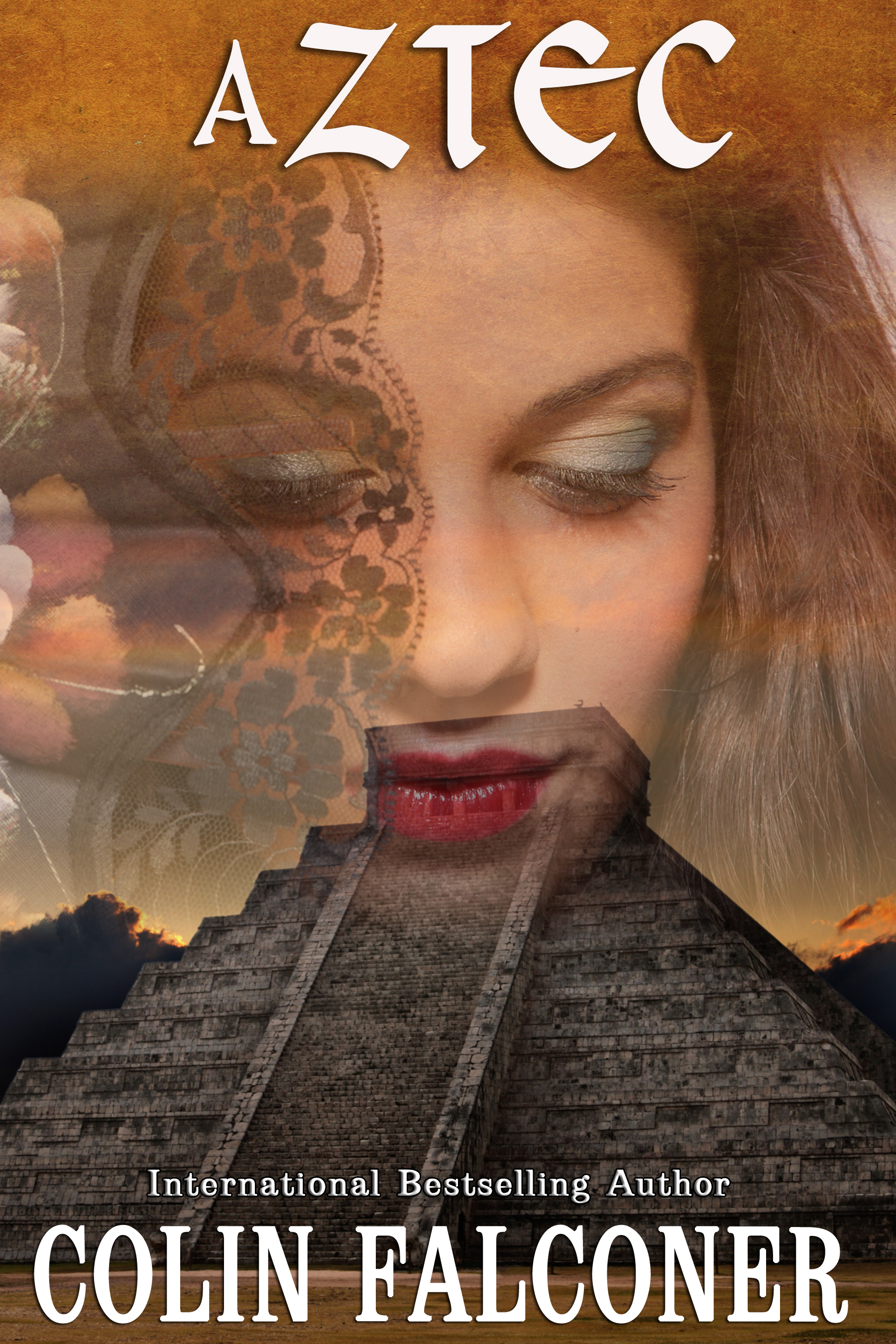

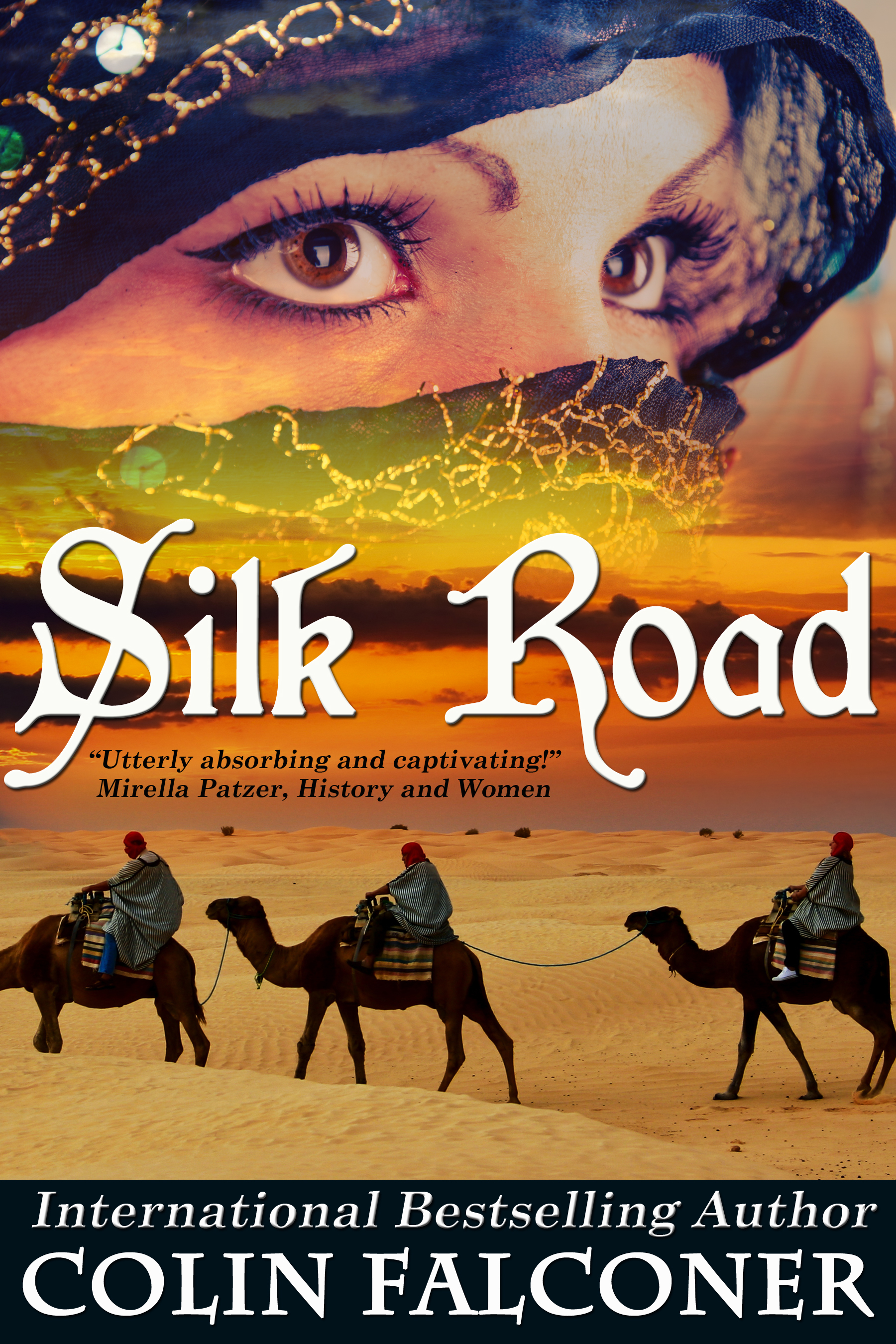
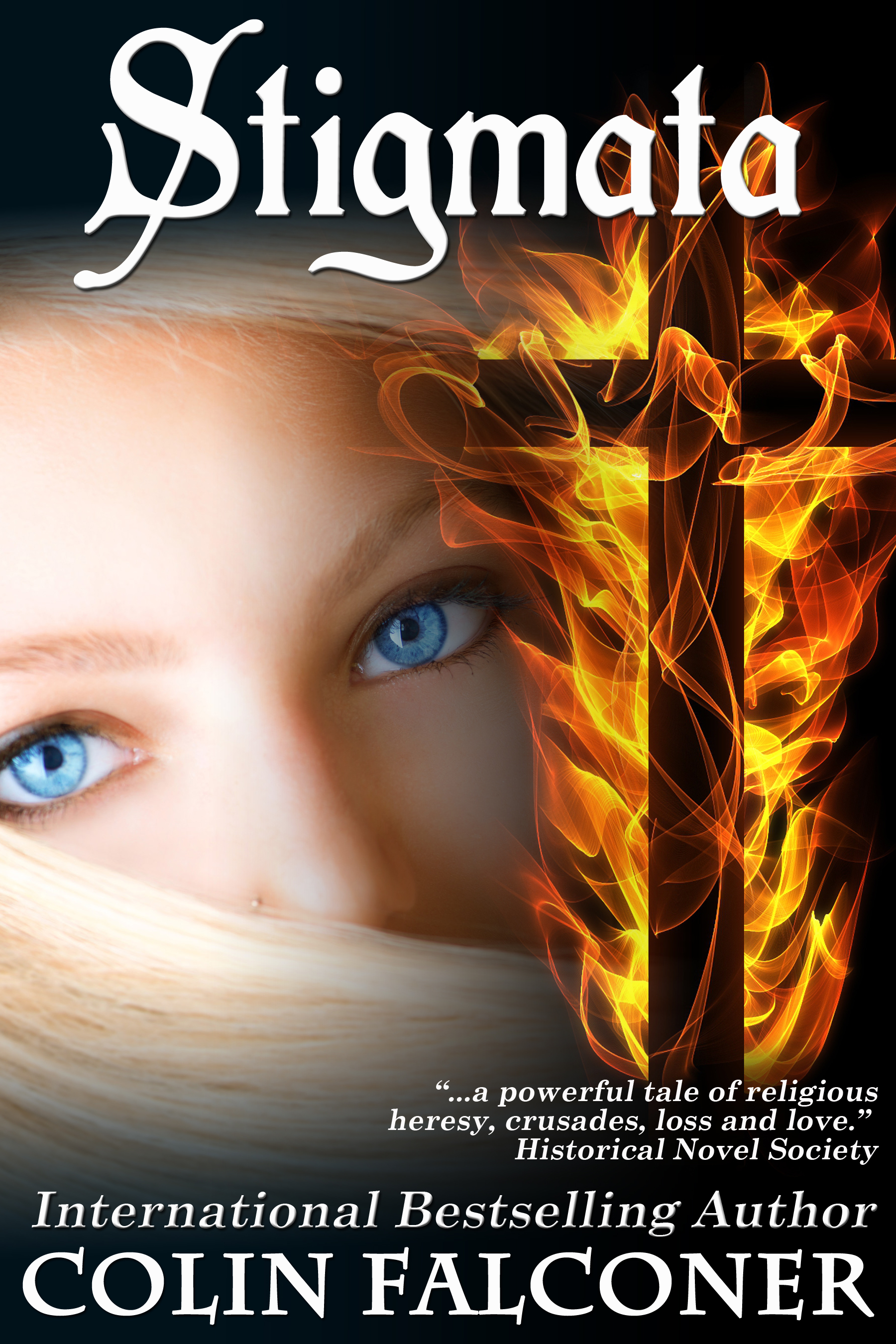
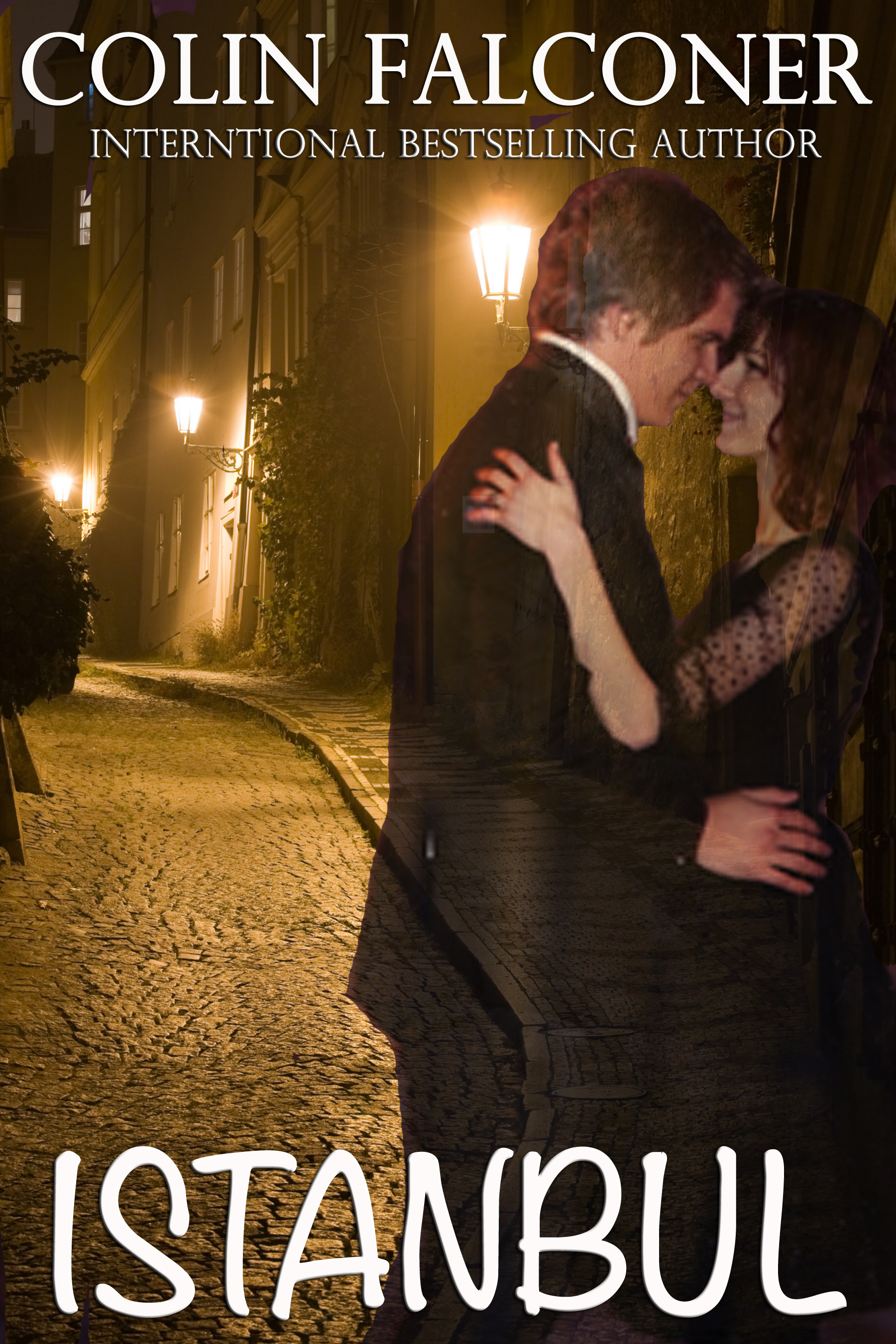

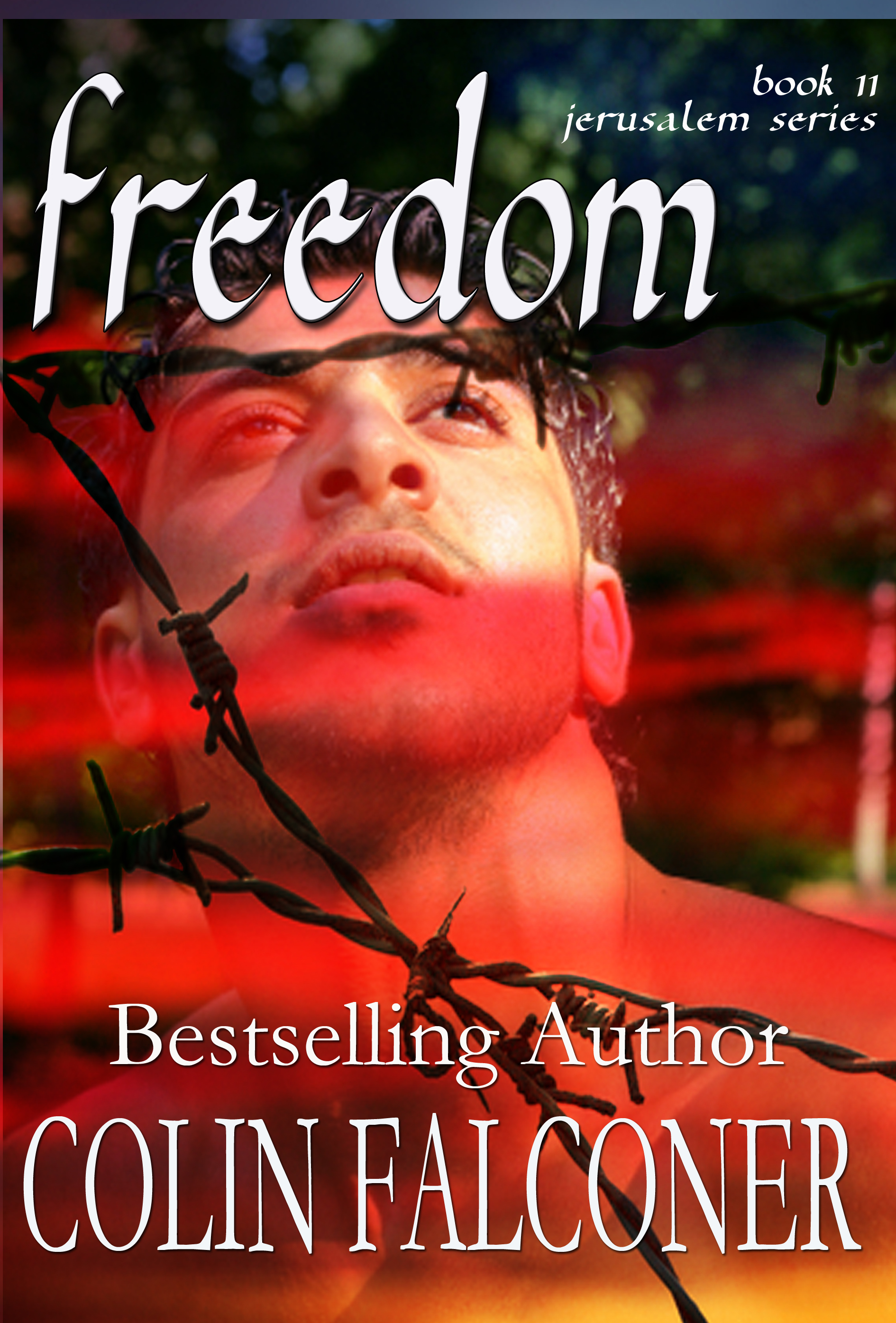


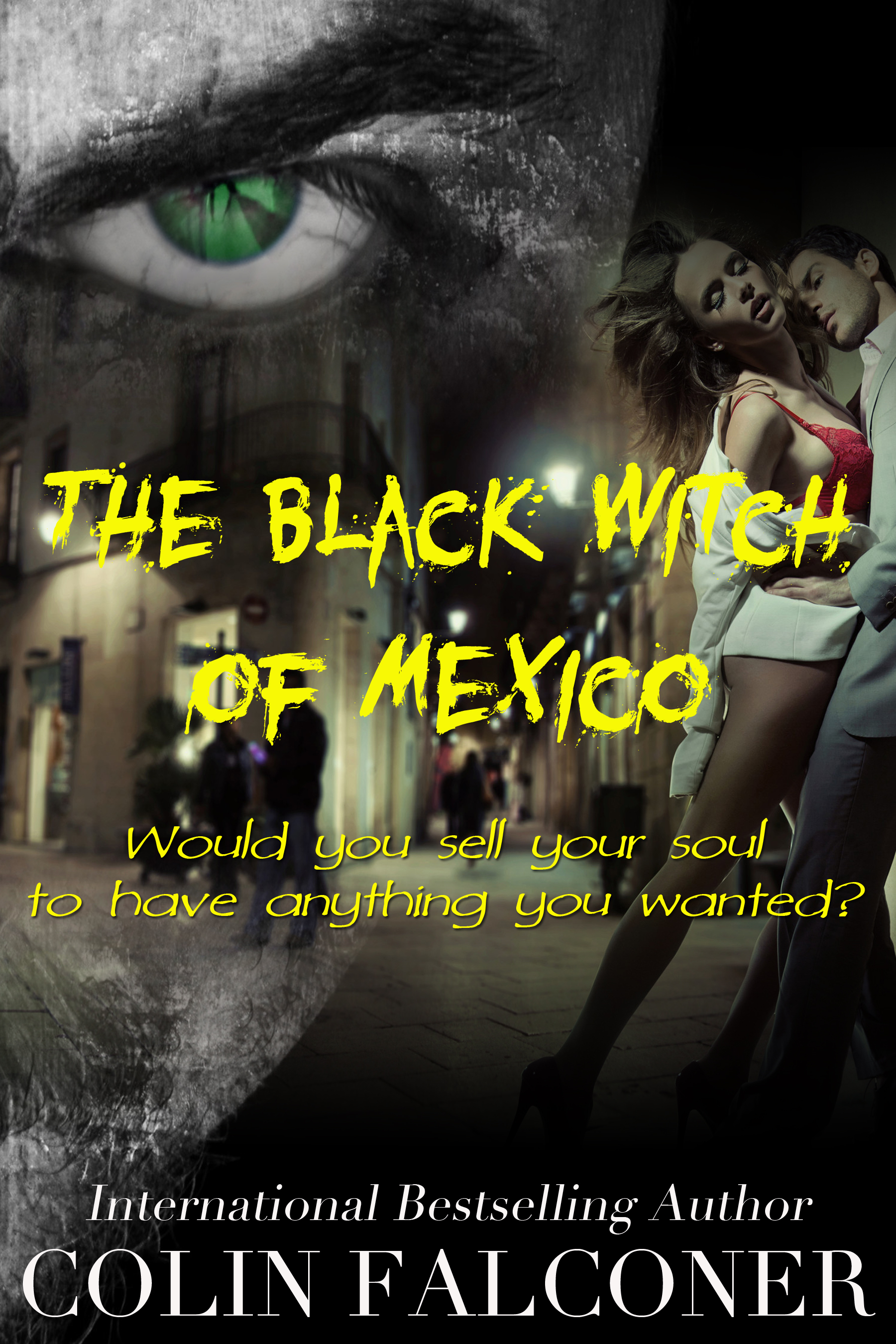

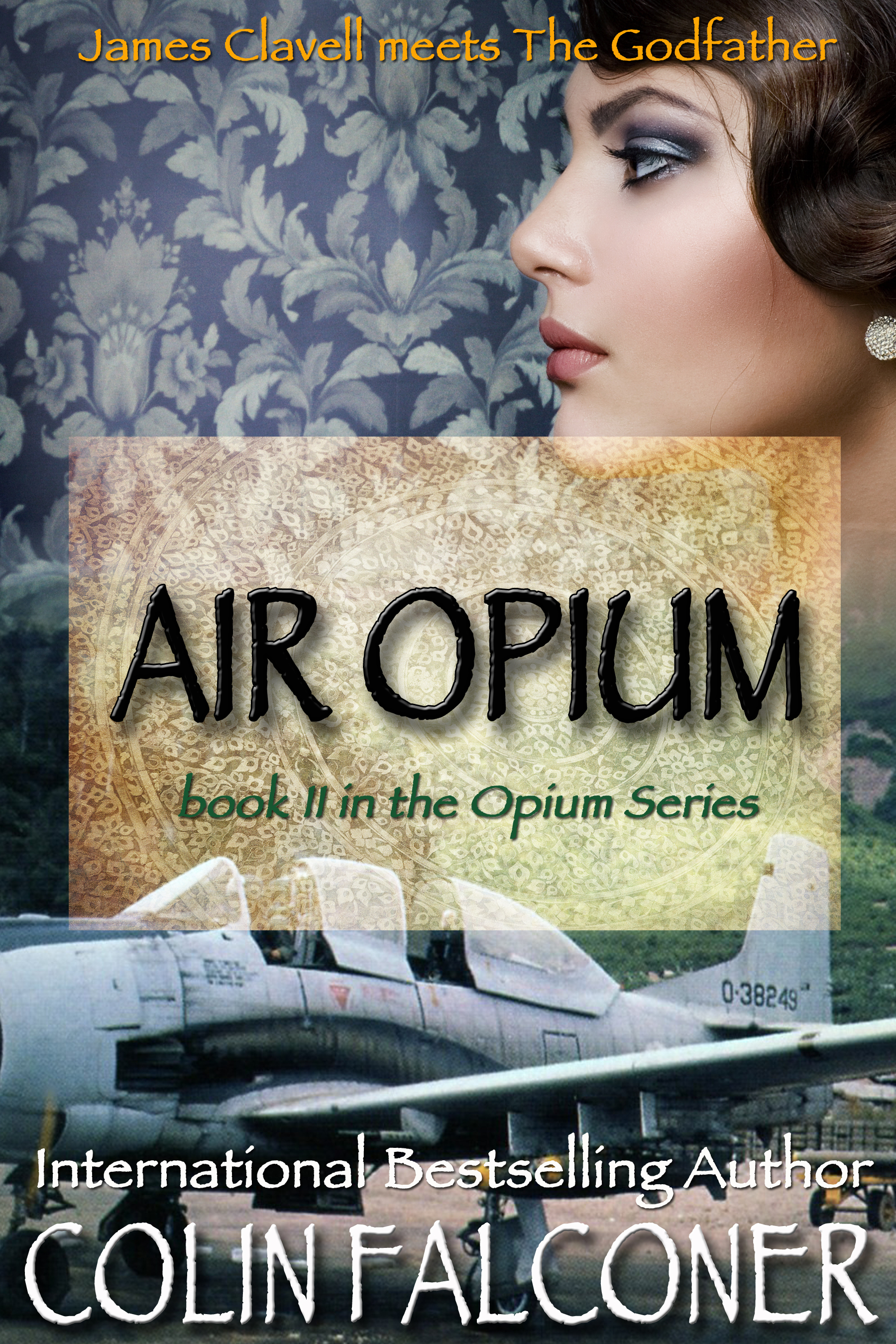
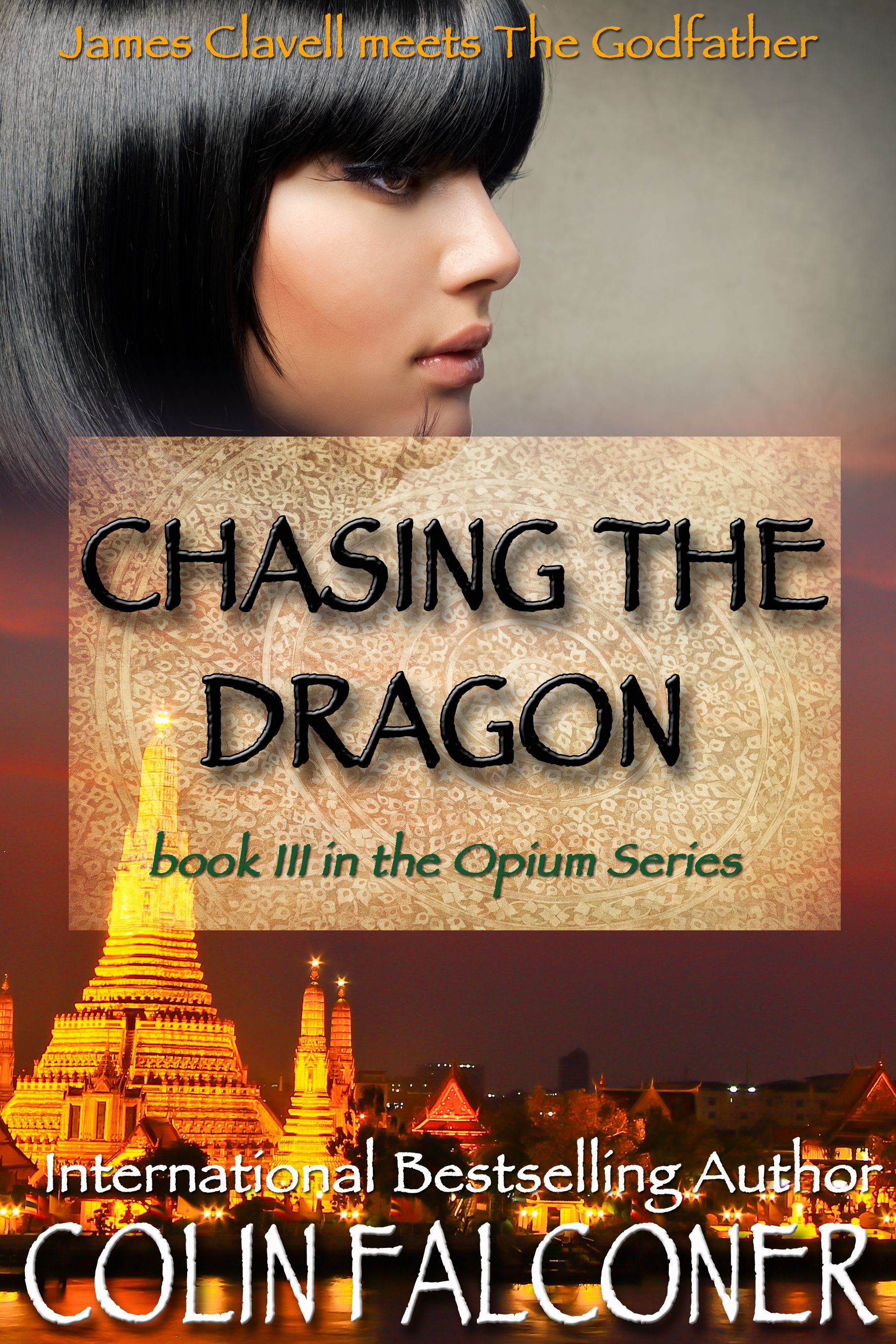
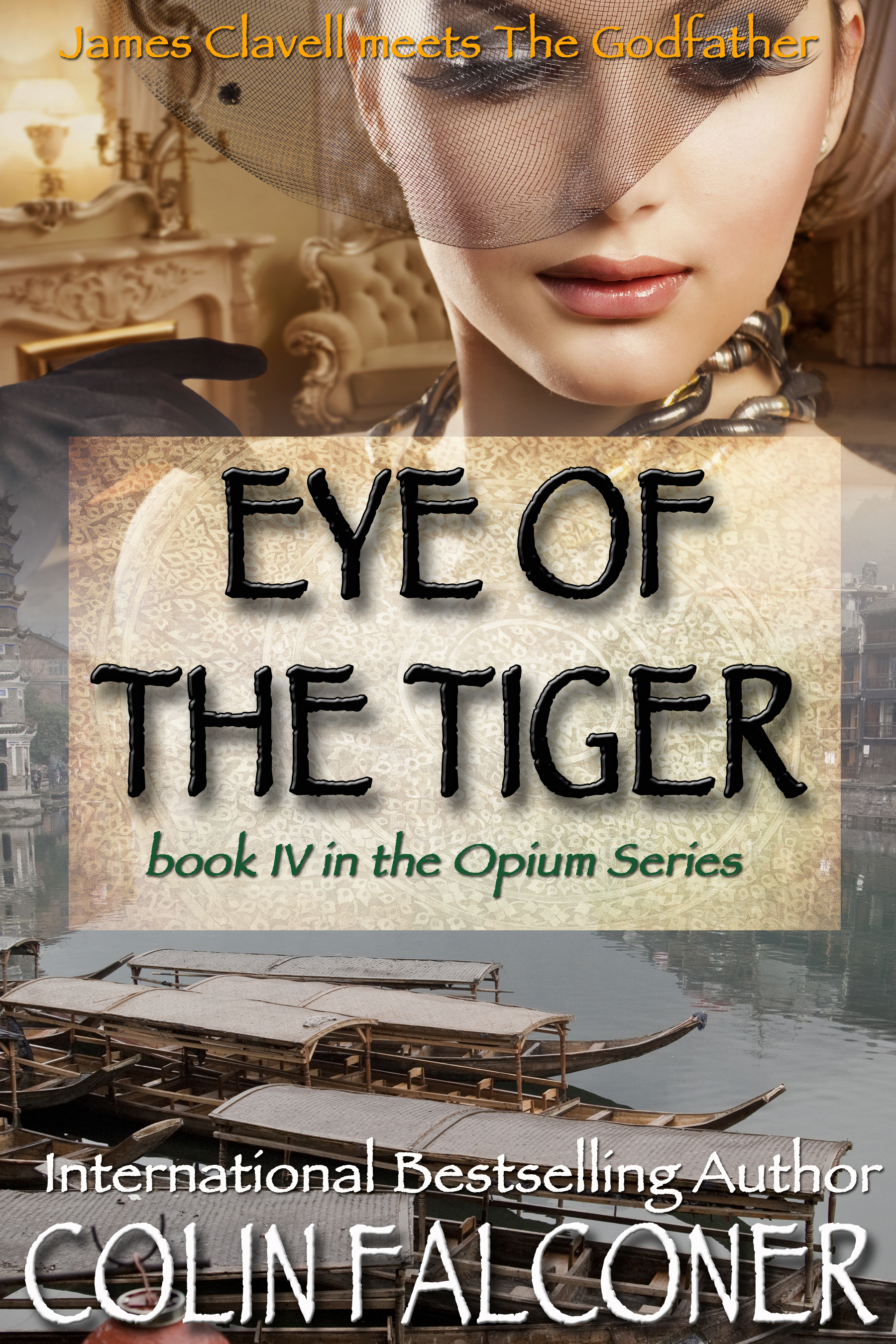
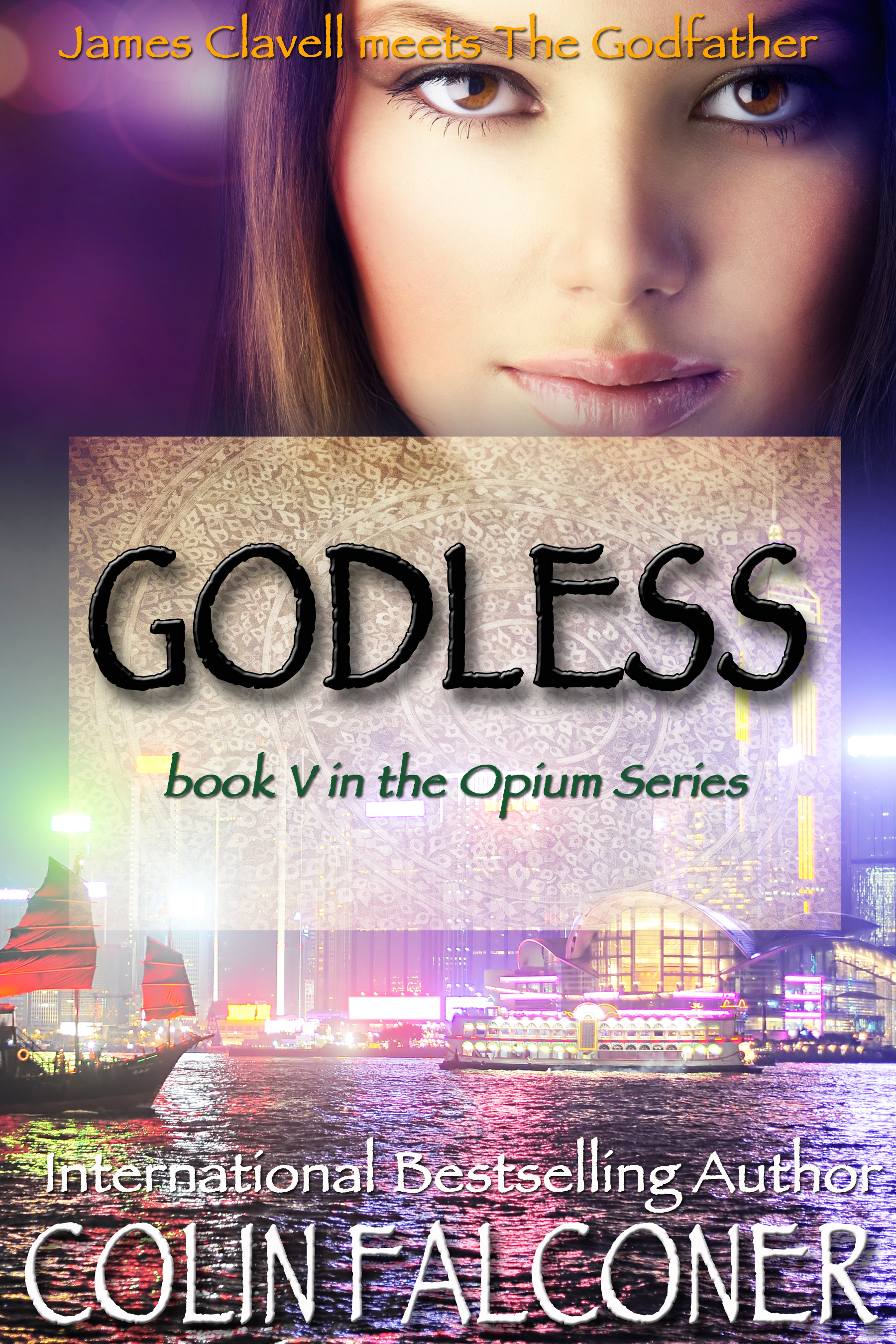
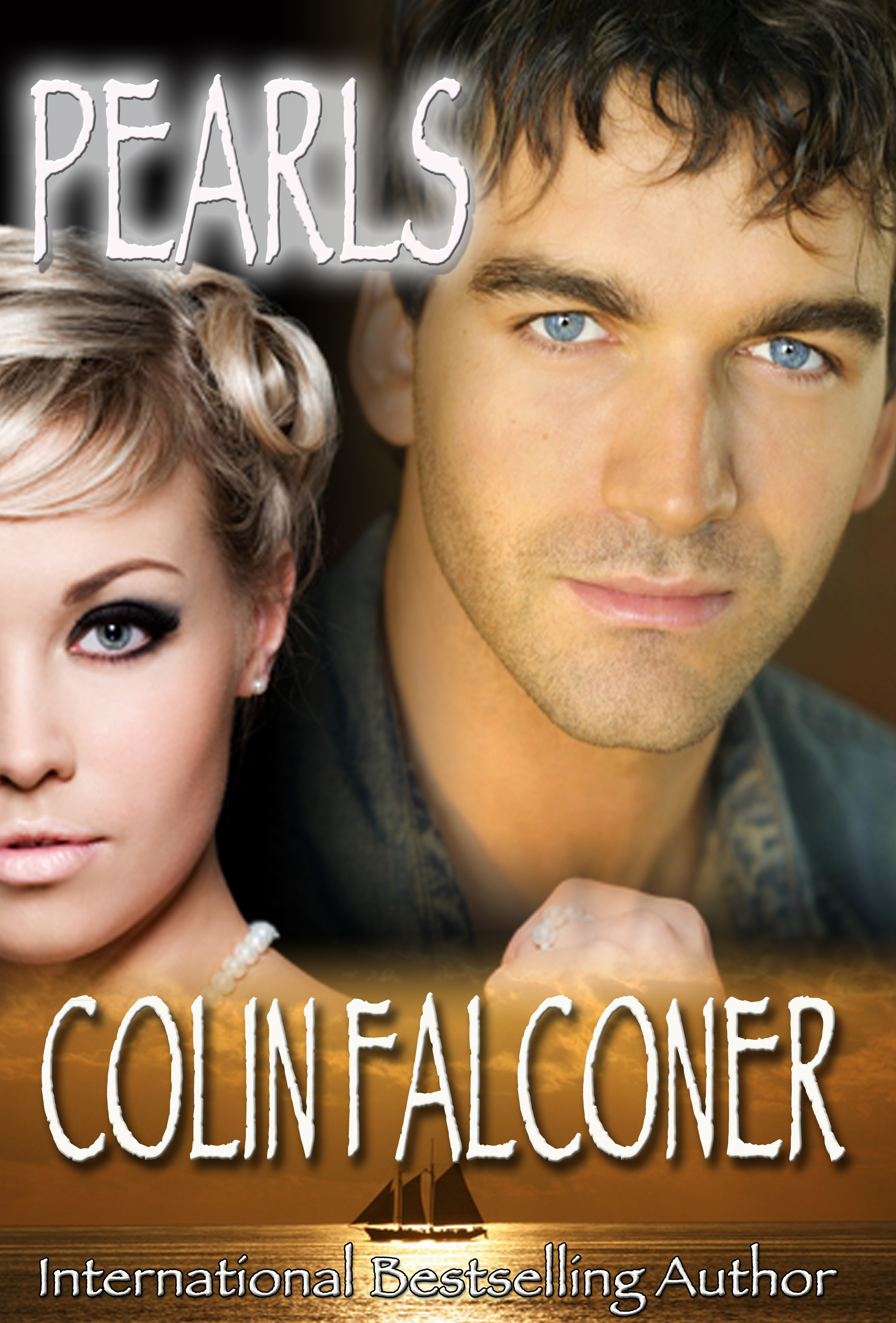

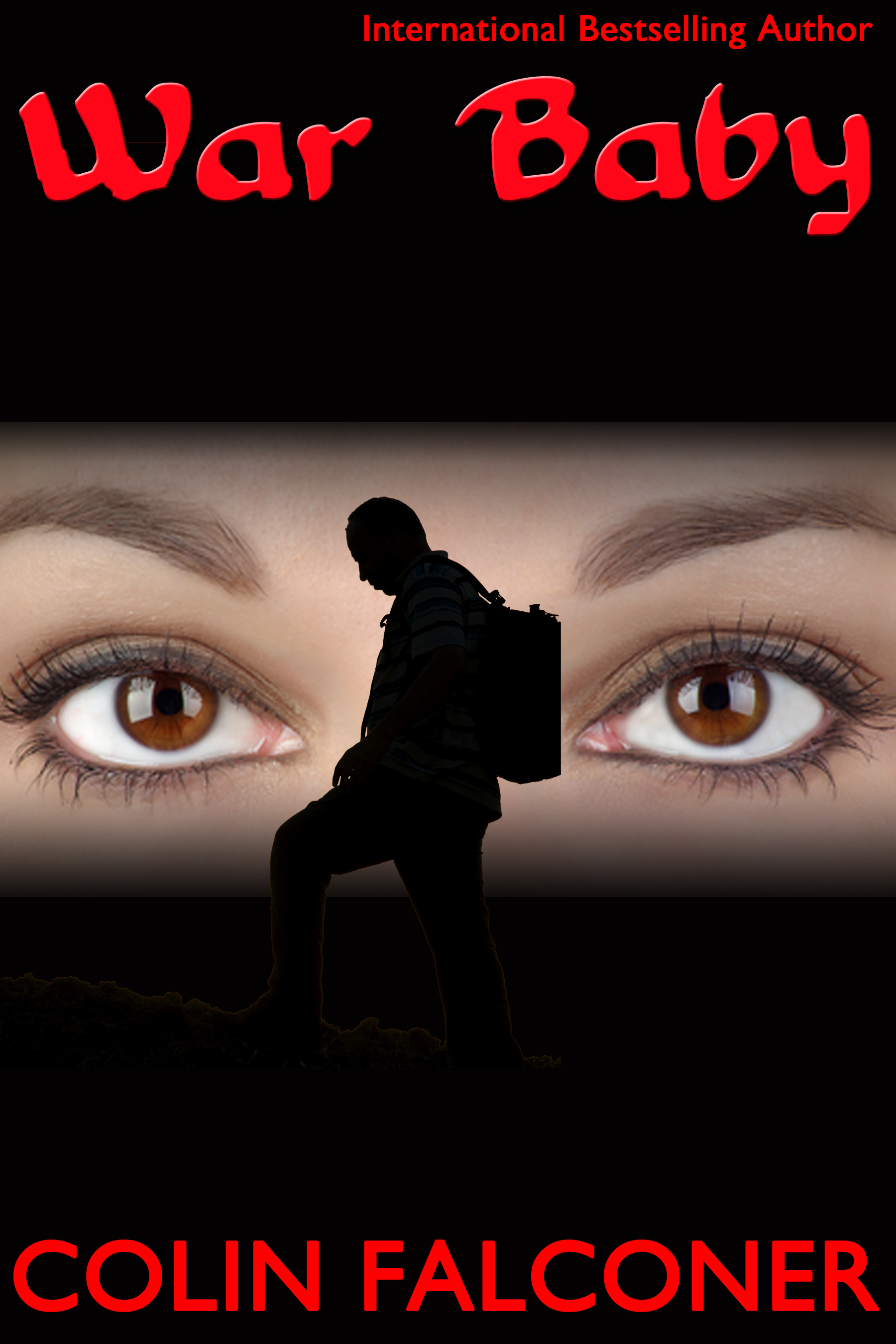

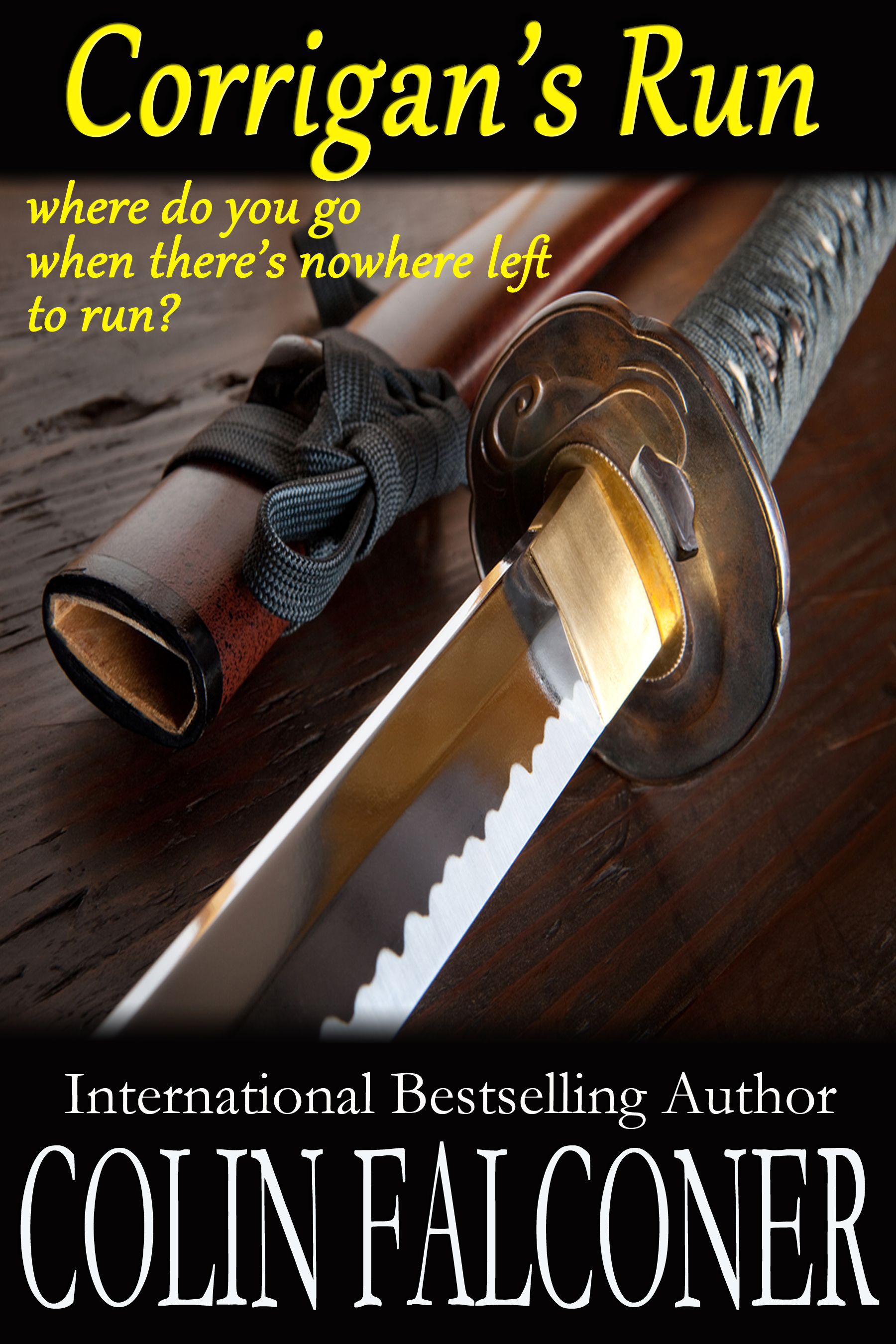
You poor thing. I’m sorry you’ve encountered a dense reader, not to mention a pompous jackass. Be well.
It’s the dense reader that bothers me Julia! I can’t comprehend someone who cares about tomatoes more than people. Baffles me. Did I get my characterizations so wrong that she would abandon Josseran, Khutelun and William over a freaking tomato? My reviews - and I’ve had a lot in the UK newspapers as well as online - say I got these people right. Yet this woman cares more about salad than people. I swear to God, if a writer gets me involved in the characters he/she can have them emailing home the Borgias from Xanadu and attaching a jpeg of themselves posing with Genghis Khan. (Well not quite, but you know what I mean. Ken Follett can have his minor sugar and hop blunders, because he made me care about his people. That should be the bottom line, surely?)
Tomatoes, tomatos, potatoes potatas… yes, it’s important to get as much as possible correct, I know it’s important to me as a writer as well… but as you say, you’re not writing a historical text.
Just wanted you to know you make me laugh and think with your frequent posts.
Thanks. Some days it’s priceless.
Regards from NZ,
Lizzi Tremayne
Blog: http://bluemistlizzi.wordpress.com
Twitter & FB: LizziTremayne
Elizabeth Thompson now writing as Lizzi Tremayne
Justum Perficito … Do Right and Fear Nothing
I’m glad I made you laugh, Lizzi. Perspective! That’s the go! And I like your motto - mine is Nil Illegimus Carbordundum … Don’t Let The Bastards Grind You Down.
OMG, Colin, you go to WAY more lengths than I have for research! But it always have been a fear of mine that someone will send me the very same sort of message you got. *shakes head* Madness.
Hang in there!
Thanks Kathy. I wouldn’t normally have paid much attention, but lately I’ve noticed a certain amount of hysteria creeping into HF in the last few years … the genre seems to have lost all sense of perspective. You don’t have the FBI lecturing Michael Connelly on what he can and can’t write … I’ve met a few crime detectives … one worked on the Yorkshire Ripper case … they all say ‘yes, but it doesn’t happen like that.’ So we do we throw our Grishams and Baldacci novels in the bin? Sheesh!
“Has been” - oops. Ms. X would not be pleased, LOL.
Now you’ve done it. You’ll get an email from her tomorrow!
I loved this post and I feel your pain. A Mr. X once took my MEMOIRS OF HELEN OF TROY to task on Amazon because I have her writing them on papyrus. No, he insisted; it would have been written (on a stone, I suppose), and in Linear B! (Which, yes, no one would be able to read). He also missed the part of Helen’s life where she spent 20 years after the fall of Troy in Egypt with Menelaus. Hence … the access to papyrus. In any case … it’s still mythology.
Leslie, perhaps she would have preferred it if you wrote it in Linear B and let her translate it for herself! What sad lives these people must lead if they have time to get their underwear in a bunch over this! (I hope you wrote back to her in Linear B!!!)
Give me a break! Anyone who reads historical fiction should always keep in mind that it is, in fact, fiction. If you want complete historical perfection, then go read non-fiction. I, for one, enjoy historical accuracy, but not at the expense of a great story.
I have your back, Colin, and I’m so glad you didn’t slew off the cliff. Hang in there.
P.S. I didn’t get to finish Silk Road for the discussion over at the group, but I am currently reading it and I’m enjoying it.
Thanks Michelle. I think we had a discussion about BRAVEHEART many years ago and you pointed out to me then that you were prepared to give the producers much leeway because you enjoyed that movie so much - as did many, many people. Now HF authors would never expect - or get - that sort of leniency, but I believe the point remains utterly valid. I’ve read some HF that’s dull as dishwater because the writer is more concerned with the history than the story and characters. If I want to read something dull I’ll read historical non fiction - which I do all the time for research and it’s MIND NUMBING!!!
Chin up! I take heart as an ingenue historical novelist myself from a post you wrote months ago. Words to the effect that there are SOME times when we have to take a stab at the facts, the facts are so nebulous that one must make a guesstimate. Now the tomato issue isn’t one but I agree, it is ONE FACT that slipped through your otherwise perfectly whole net. I tell you, if I’m enjoying a story, I READ, I don’t sit with an encyclopaedic magnifying glass. And the bulk of all readers are like that. Please write on and don’t worry… oh, but if you want to do the pilgrimage and the flagellation, that’s your call. Good research I suppose. Cheers!
Thanks Prue. I think you have summed up my argument perfectly. As for the flagellation - Ken hasn’t got back to me on that one and anyway, he’s not really my type!
If your ‘educated’ reader was so put out about your abject failure to research the role of tomatoes for Silk Road, then why didn’t SHE know about aubergines? Your research is exemplary Colin, and an inspiration to other writers. Keep entertaining those who appreciate your art
As a reader I might occasionally see something in a book that I question, but it’s momentary, so I’ll always go on reading an engrossing story. Now when my History professor slipped up then I’d say something.
Why didn’t she know about aubergines? Here’s the bit of her email I left out, and it lends a clue: “I once visited the Botanic Gardens in Pisa where the first horitcultural (sic - her spelling not mine) work with tomatoes was done - in the days when it was considered a possible aphrodisiac and, like many fruits in the Solanaceae, poisonous.” You see why she’s such a smartass? She once got a little bit of knowledge and she’s now a world expert. Look, I do slip up occasionally and people write me really nice emails pointing it out and I write back and thank them and first chance I get I correct it. As I pointed out in the post, even KF gets a few little things wrong. Historical non fiction gets things hopelessly wrong too - have you ever read the bitching that goes on at history sites about sources??
Anyway, thank you so much for your kind words - I believe most HF readers are like you and me and allow writers a little bit of leeway. But why was she so aggressive in her tone - this is what I can’t figure. You see it all the time on Amazon reviews - I’ve heard of road rage. But where does all this reviewer rage come from???
All I know is that I now want to go to Spain to participate in their Tomoto Throwing Festival after seeing those pics! As always, and other great post!
Aren’t they great pics, Phil? I wanted to get up this year but I think I’ll be out of the country - I am still trying to re-organize my plans so I can get there. If I do, every one I throw - I’ll imagine Ms X is on the end of it!!
I am reminded of the old comedy duo “Bob and Ray.” One night, my father and I who loved HF and passed that love on to me watched a skit on the old Johnny Carson show, where one of the duo played an author who had written a bio of Abe Lincoln and the other half of the duo was “interviewing” him. After pointing out some glaring errata, and anachronisms (the comedy was in their liturgy and response) the interviewer says, “For instance here, on page 134, you have Lincoln, riding in a Chrysler automobile.” The author (I forget if it was Bob or Ray) burst out, “What are going to do, nitpick this whole thing?” I don’t remember the rest of it, because my father was laughing so hard. Truly, the story is the important thing. A tomato here, a Chrysler there. At least, Lincoln wasn’t in a spaceship.
Spot on. Ms X didn’t even pick up on the bit about Khubilai Khan emailing the Pope!
In all honesty, I never look to historical FICTION as a source of historical fact. I guess I’m just old-fashion that way. Keep us laughing, Colin.
Thanks Christina. Don’t think you’re old fashioned, at least I hope not. I wouldn’t like common sense and being reasonable to go out of style.
I feel your pain. Someone suggested one of my stories may be kiddie porn because a slave in the story was often referred to as “boy”. So from now on, all my characters will mention their ages at random in the first paragraph, just to be safe.
Oh Kayci, don’t give in to the lunatic fringe!
As my beloved biochemistry professor once said to me, after I made it particularly embarrassing laboratory mistake ( which, fortunately, had no far-reaching biological or chemical effects), “Well, you’ll never make that mistake again.” He was right. And so it is also true, with tomatoes. Life is short. Why repeat mistakes, when there are so many new ones out there, yet to be made?
Absolutely. Next time I’m targeting aubergines. I’ll have Alexander the Great munching on eggplant caponata before the Battle of the Battle of Chaeronia, even though they are native to India and weren’t introduced into Europe until the Middle Ages. I’ll give a free copy to the first one that notices!
That’s the spirit! Challenge those readers, or they’ll go soft, believing everything they read…
Most people don’t know the history of the food we eat (and take for granted) every day. When the Spaniards arrived in the New World, they encountered many new foods that were previously unknown to European diets: corn, potatoes, sweet potatoes, chili, tomatoes, peppers, cassava root, avocado, peanut, pecan , cashew, pineapple, blueberry, sunflower, petunia, black-eyed peas, quinine (staple ingredient of gin & tonic), wild rice, cacao (chocolate), gourds, and squash.
Nowadays, most of China’s tomatoes are grown in Xinjian province (the Silk Road province), where the majority of the people are Kazakhs and Uyghurs, but the Chinese themselves never took to the tomato and never really incorporated it into their diet. The Chinese word for it is “fan qie” or “foreign eggplant”.
The trouble with research is that you don’t know what it is you don’t know. There’ll always be some smart arse out there ready to take you to task for not knowing some obscure fact. I shall never look at a tomato in quite the same way again!
Thanks for a very enjoyable post.
Thanks Jenny! Personally I’ve cut tomatoes out of my diet completely. I know it wasn’t their fault but …